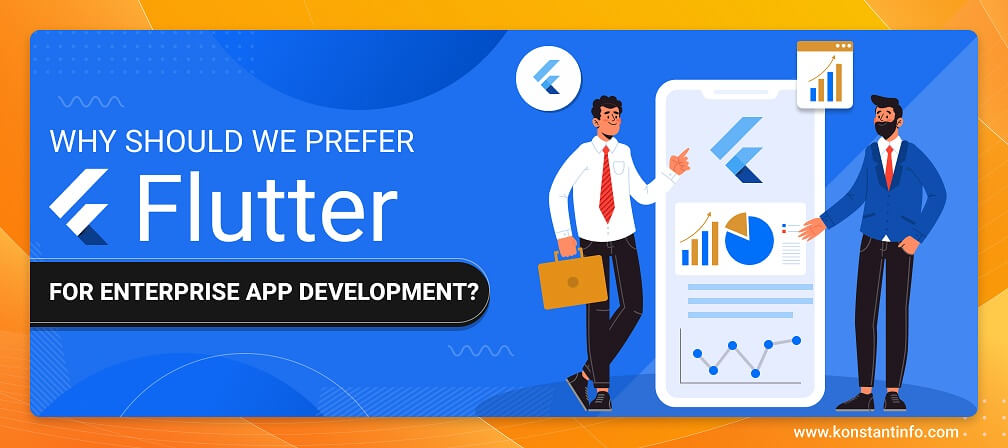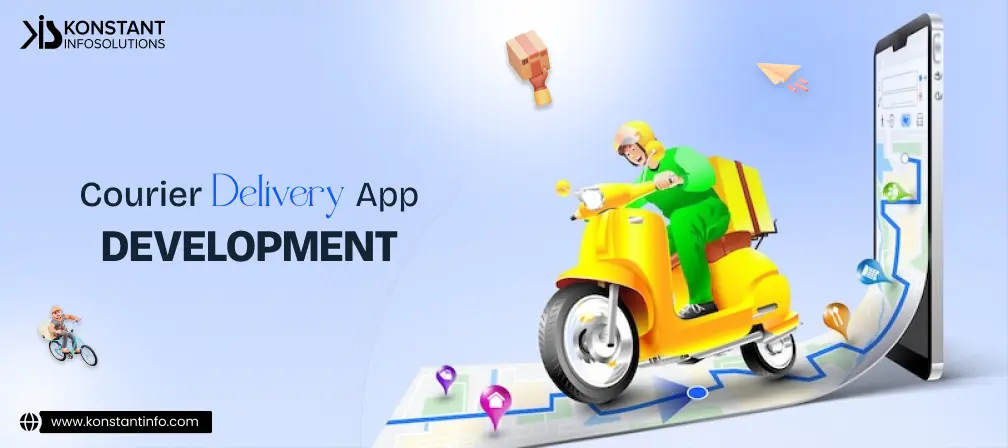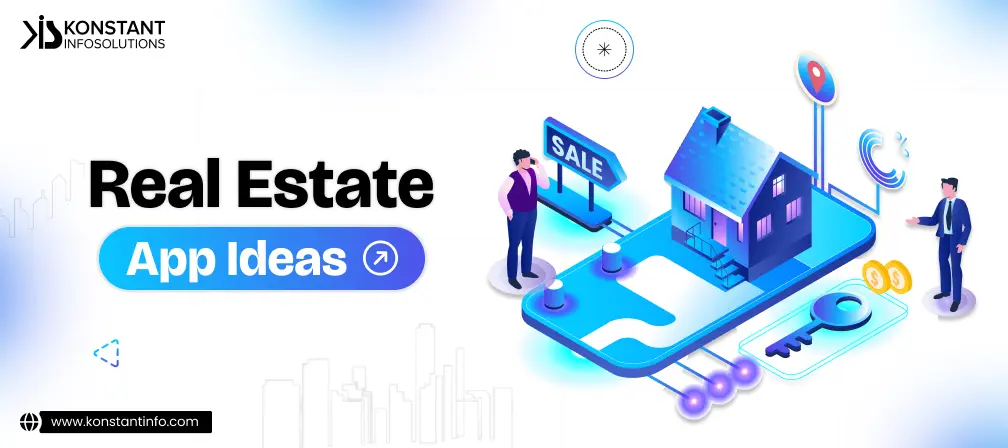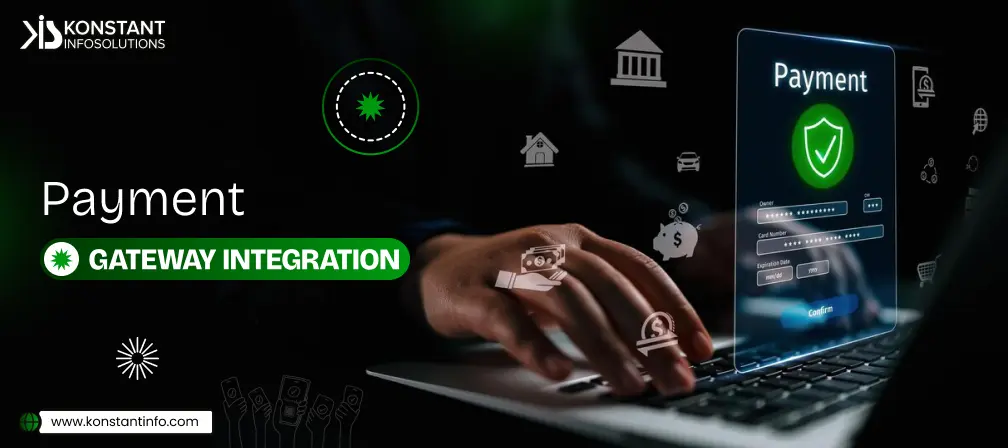
Flutter does not require any introduction, especially when it is four-year-old now. It is Google’s open-source software with C++ and DART programming languages. It is pretty similar to Kotlin.
Business niche/vertical/industry does not matter. It could be retail, education, on-demand delivery, provision of services – anything. Overall, the end-user does not check the backend language before downloading-installing-using-discarding a mobile application.
It allows the creation of native mobile applications with a single code. This property makes it applicable for cross-platform app development. But apps made with Flutter are way better than React Native and Ionic. You can create an ‘Android App’ and ‘iOS App’ with one code.
Flutter comes with a Software Development Kit (SDK) and a UI library of widgets. These tools assist in compiling the code into native machine code, and reusable UI elements like buttons, text inputs, sliders customize the application.
Being an alternate hybrid app development framework, Flutter accompanies (1) Single codebase, (2) widget tree, (3) pixel rendering, (4) hot reload, (5) API for desktop (yet to support), (6) 2D-rendering engine that has ready-made widgets and development tools. These components work together to assist in designing, creating, testing, and debugging apps.
The app built with Flutter is robust and reliable. Many examples include – Alibaba, Google Ads (utility), Xianyu by Alibaba (eCommerce), Reflectly (Lifestyle), Birch Finance (Finance), Hamilton Music (Entertainment), and Hookle (Social) etc.
Flutter facilitates beautiful animations, fast performance, controls every pixel on the screen, develops an interactive user interface, brings productivity, quicker allocation, object orientation, high performance, and hot reloading.
Any ‘small’ – ‘mid-level organizations’ – ‘progressive start-ups’ who intend to create large applications can go for enterprise app development. Enterprise applications are designed for a specific use – catering to various operations within an enterprise.
Flutter is ready for enterprise app development with no hybrid code requirement. Flutter allows administrators to handle data centrally, implement wide-scale automation, and maintain a smooth workflow. Such applications accompany features – (1) high security, (2) seamless UI design, and (3) robust framework to ensure high performance. Flutter’s Layered architecture, Development environment, User interface, Hardware features, and App security ensure better functionality. It makes users access – (1) design patterns, (2) code, and (3) app features. Flutter offers easy and secure networking to web resources, local storage, SQLite databases, and access to hardware via library plugins.
There are many reasons; stay tuned:
Mobile app development companies in Flutter have to spend their maximum time deploying their apps to respective Android and iOS platforms. It is preliminary to discern building, signing apps, and provision profiles for implementing a successful Flutter App.
Flutter for enterprise apps is scaling up from Android and iOS to support web, macOS, Windows, and Linux platforms. It makes deploying an app seamless with one code across platforms and yet performs well.
If you wish to leverage the potential of Flutter, you already have a wide choice across widgets, with an idea to make it responsive across screens and platforms, keeping the same code. Don’t miss the chance to consult our Flutter Developers for free!



Neeti Kotia is a technology journalist who seeks to analyze the advancements and developments in technology that affect our everyday lives. Her articles primarily focus upon the business, social, cultural, and entertainment side of the technology sector.
Or send us an email at: [email protected]